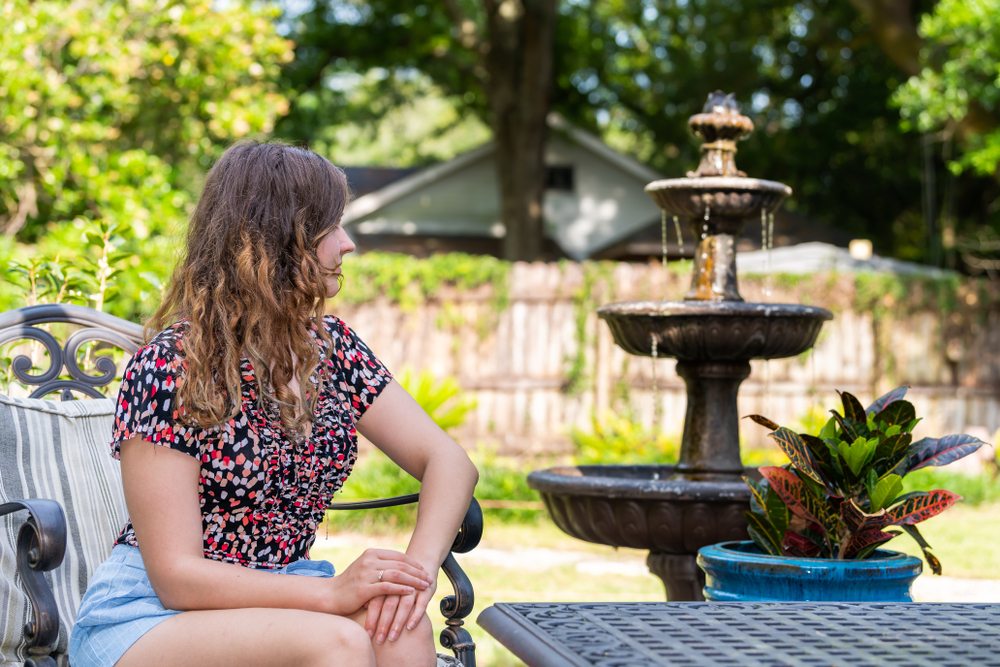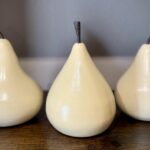Afternoon showers are part of the everyday routine for most summer days in Florida.
Aside from being prepared with an umbrella at the ready, there are a few steps you can take to make sure your yards are also rainy-season-ready in the wettest months of May through October.

Especially for new yard and lawn afficianados (homeowner and renters, alike), Brevard county ordinance restricts the amount of phosphates, nitrogen, and applications allowed in your landscape as a barrier of protection to our waterways. In fact, all counties surrounding the Indian River Lagoon watershed have similar rules in effect.
So, what does this mean for you?
- Rainy season ban runs June 1st to September 30th for nitrogen and phosphorous
- No phosphorus is allowed year-round UNLESS you have a soil test proving need
- Only slow-release fertilizers with a 50% or less nitrogen content is allowed
- No fertilizing 10 feet from all bodies of water
- The limits vary slightly by grass type
- No grass clipping permitted on impervious surfaces
- No fertilizing permitted when heavy rain in the forecast
- All fertilizer providers/applicators must be trained in Green Industry Best Practices
- Penalties may be assessed for noncompliance
To get ahead of the ban, consider the following tips to maintain year-round compliance and also to reduce the overall time spent managing your yard, giving you more time to actually enjoy it!
Reduce Runoff
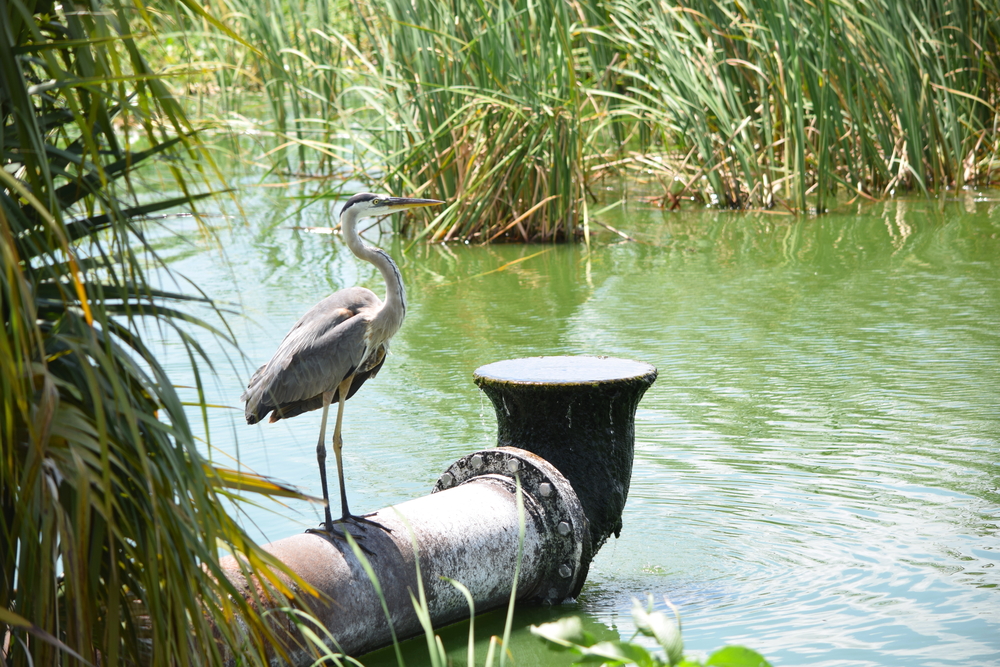
Florida’s porous, sandy, flat composition invites runoff. Heavy rains easily wash excess water, nutrients, and pesticide/herbicides from the soil straight to impervious surfaces and right into our waterways. The heavy rains also mean estuaries, lakes, ponds, and streams are especially sensitive to pollutants; even slight change can negatively affect these delicate ecosystems. Taking the time to consider plant choices, application rates, and properly controlling pests and disease, will ensure you are doing your part in keeping our waterways healthy.
Choose Appropriate Plants
Native and well-adapted non-invasives will create beauty, add shade, and provide food and shelter for wildlife while helping to control erosion. The latter is especially key in helping to reduce the amount of runoff making its way to the lagoon, as a layer of plants helps buffer leaching from the soil. Starting with groundcovers is a great way to mitigate runoff reduction. In addition, good groundcover also reduces noise, erosion, temperatures, and limits the amount of impervious surfaces, creating a buffer that gives time for soil microbes to break down water contaminants and pollutants.
Consider replacing your fertilizer-loving lawn with a native or Florida-friendly groundcover; but if you are not ready to part with your bright green lawn, no worries! There are several techniques that are environmentally friendly and keep your grass looking lush and full.
Go Low on the Mow
One of the easiest ways to improve the health of your lawn is to increase your mow height. This simple exercise increases the vigor of your grass as constant cuts cause stress which invites in disease, fungi, and pests. The healthier your grass is, the less likely you will need to use fertilizers or pesticides, reducing your total impact.
The same applies with pruning your large trees and shrubs. Pruning smartly and removing needed branches encourages healthy growth and flourishing plants. Be sure to time your pruning with seasonal temperatures in mind.
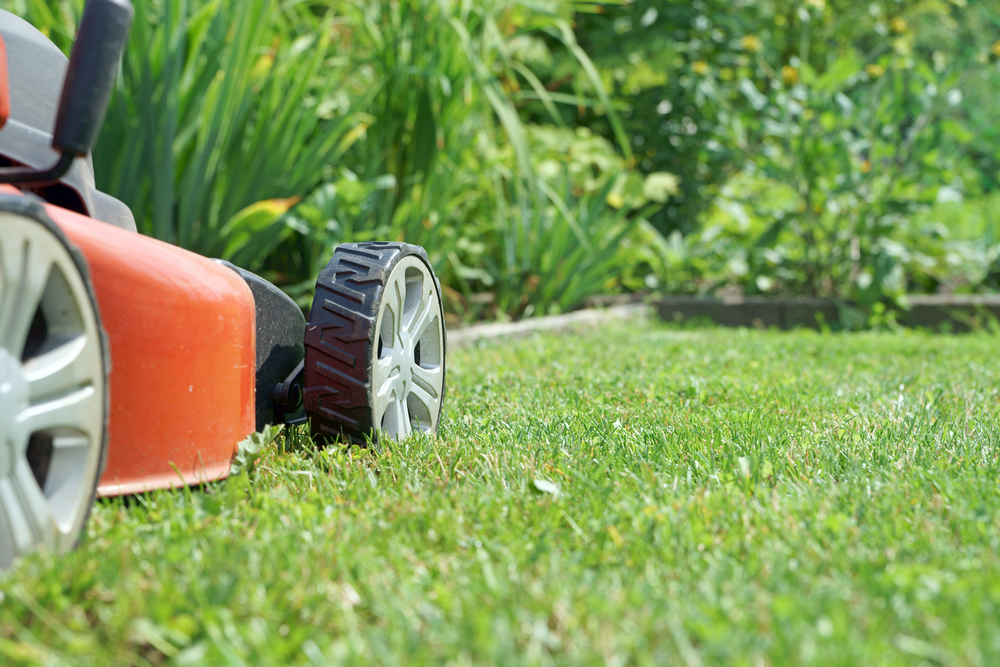
Understand Fertilizers
For many, deciphering the information on fertilizer bags is an unwanted extra chore. To keep it simple, look for the three big numbers on the front of the bag: nitrogen (29), phosphorous (0) and potassium (5), which are the nutrients your plants need most for good health.
Florida soil very rarely needs phosphorus (the middle number on the bag), and it is advised you obtain a soil test first. To add a safe, natural fertilizer that will increase the resiliency of your plant, liquid seaweed is a great alternative that contains no phosphorus.
Properly Prep Your Palms
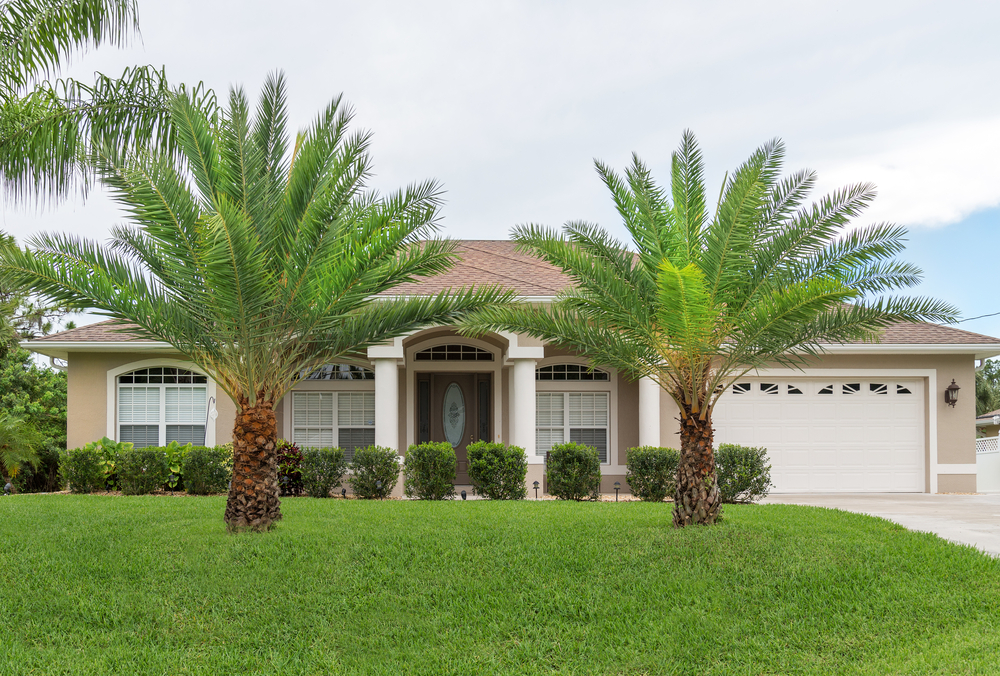
You will find that palms are one of the few landscape plants that need a separate fertilizer due to their love of micronutrients. Applying a well-balanced, slow release palm food during the non-rainy months should be adequate to keep them those fronds looking healthy and lush. Remember to fertilize only when nutritional deficiencies are presenting in your landscape. Both the county agricultural extension office in Cocoa as well as Rockledge Gardens on US 1 offer services to help correctly identify deficiencies and provide suggestions on how to properly manage plant and lawn care.
Practice Integrated Pest Management
The easiest way to limit the amount of pesticides and herbicides you need to use annually is to reduce your pests. And, though it may be difficult to keep pests off your plants all the time, you can learn how to best manage them to keep your yard, family, and environment healthy. Simple steps such as selecting vigorous plants, spacing to allow maximum air flow, removing dead material, and following correct water guidelines will help make your foliage less appealing to pests. Make sure to take advantage of natural controls such as citrus oil-based weed killer, pheromone traps, sticky traps, and horticultural oils and soaps. If you do need to use a harsher chemical, be sure to apply the lowest recommended amount and perform several applications over a period of weeks. Monitoring the pests that persist season to season can also be effective in crafting your battle plan in upcoming years. Finally, accepting imperfection in your yard and treating only when you need to is perhaps the easiest step to instantly increase the environmentally-friendly factor of your yard.
Enjoy Your Lawn
If you follow these suggestions, your landscape will be both rainy-season compliant and lagoon-friendly year ‘round. If you still need clarification on which laws apply to your yard in your part of the county, check out www.befloridiannow.org, which provides region-specific regulations as well as Florida-friendly plant choices and growing tips.
